Nigeria Protesters Retreat But Vow To Fight On
Young Nigerians who took to the streets to demand better governance are in shock after a brutal crackdown on their movement but say their resolve for change remains undimmed.
Demonstrations began on October 8, targeting a hated police unit, the Special Anti-Robbery Squad (SARS), that the authorities vowed to disband as pressure mounted.
Anger turned into unrest, climaxing on October 20 when security forces shot at a crowd of a thousand demonstrators defying a curfew in the economic hub Lagos -- 12 were killed, according to Amnesty International.
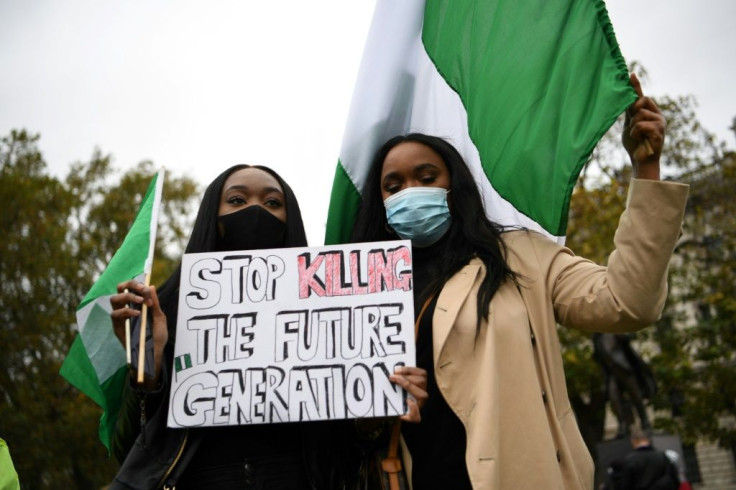
Today, as a judicial panel launched by the authorities probes the bloodshed, the leaderless campaign is struggling to come to terms with events that have been both traumatic and historic.
"The government murdered peaceful protesters in cold blood, people are still rattled," said demonstrator Leo Dasilva, 28.
Those who took part in the protests say that a page in history has been turned.
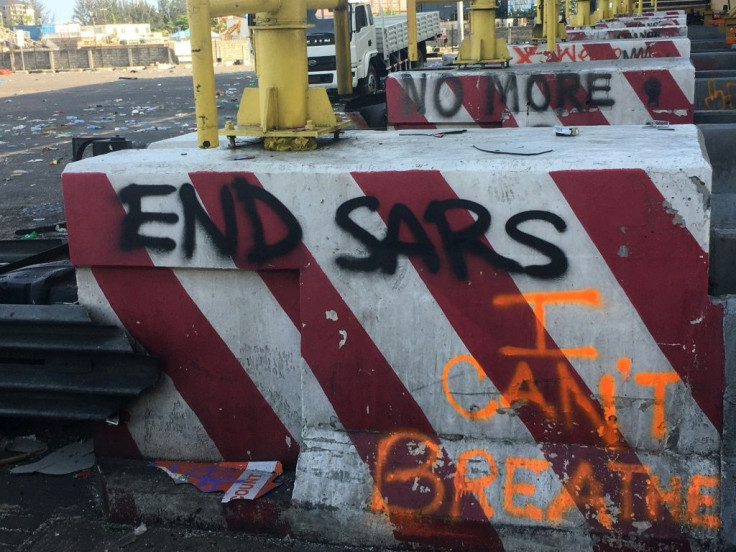
Nigeria -- the diverse home of more than 250 ethnic groups and 500 languages, different religions and cultures -- will never be the same, they contend.
It has "shifted the realm of possibility of what can happen in this country," said Feyikemi Abudu -- known as FK -- in a podcast with fellow activist Jollz, called "I said what I said".
The two young women are part of the Feminist Coalition, one of the main groups backing the protests.
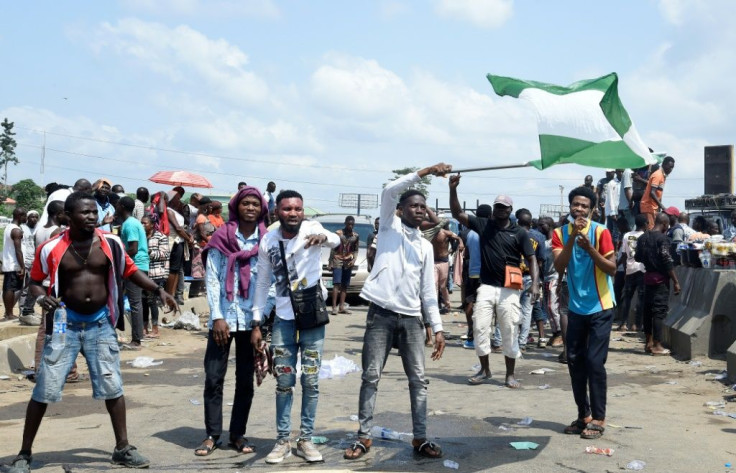
"What we achieved was unity, and unity is not little, it's a very big win for Nigeria," said Anita Izato, a 24-year-old lawyer in the capital Abuja.
The tech-savvy protesters organised themselves at lightning speed with the help of social media, providing legal aid, paying medical bills and offering support with a helpline.
"They've shown so much leadership -- even though there was no leader. They brought in ambulances, took care of people's welfare and security -- almost like a government!" long-time Nigerian activist Aisha Yesufu, 46, said.
"A month ago no-one thought this could be possible. This level of activeness from citizens that have otherwise been passive... it's quite a huge win."
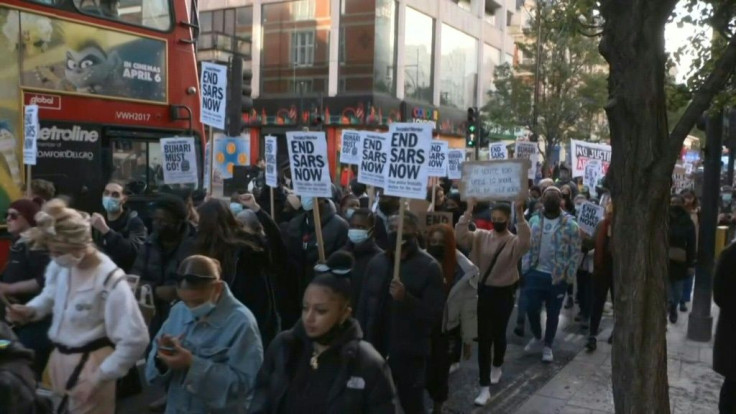
Nigerians abroad also took part, organising their own protests in London, New York and Paris, helping to get support from Rihanna, Kanye West and other celebrities.
The Nigerian government has promised a string of reforms in response to the protests, including the disbanding of SARS.
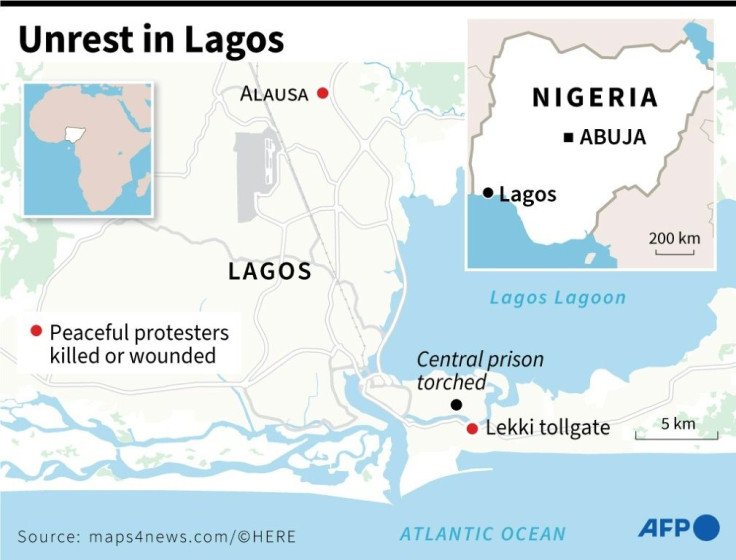
But many young people doubt whether this will root out the country's notorious culture of corruption or usher in the deeper political change they crave.
"In terms of narrow goals, we received reports that members of the police unit are still operating so it's not clear if that was achieved," said Ikemesit Effiong, head of research at SBM Intelligence, a geopolitical consultancy in Nigeria.
"And in terms of wider police reforms, there is movement on part of the government, yes, but is Nigeria on the path of institutional reform? No."
Major influencers in the movement, FK and Jollz are themselves assessing their next step.
"My DMs (direct messages on Twitter) are full of suggestions," FK joked.
"This is the first time we are doing this -- we don't know what to do! We actually don't. We didn't plan this."
One of the challenges of a leaderless movement is that everyone wants different things -- from organising a conference, to creating a think tank or a political party.
Some have encouraged the youths who took part in the protests to now focus on the next elections, in 2023.
Nigeria's Youth Democratic Party is not registered as an official party but is banking on getting more members.
"The protest was just an eye-opener. The battle just began. We will make Nigeria Great," it said.
But entering the hermetic world of politics in Nigeria will not be an easy task.
"If they focus on the single issue of a more responsible police force... then the time on the street will have been time well spent," said Effiong.
For now, the protesters' immediate future depends on how the government responds to their demands.
Even those abroad say it is wiser to hold off for now, but fresh protests cannot be ruled out.
"At the moment, dialogue and engagement I think with the government is the way forward," said Dipo Awojide, 35, who helped organise protests in London.
But the window for dialogue is closing, said Effiong, who worries that other groups in the country, more organised and armed, could seize the opportunity to resort to violence.
© Copyright AFP 2024. All rights reserved.



















